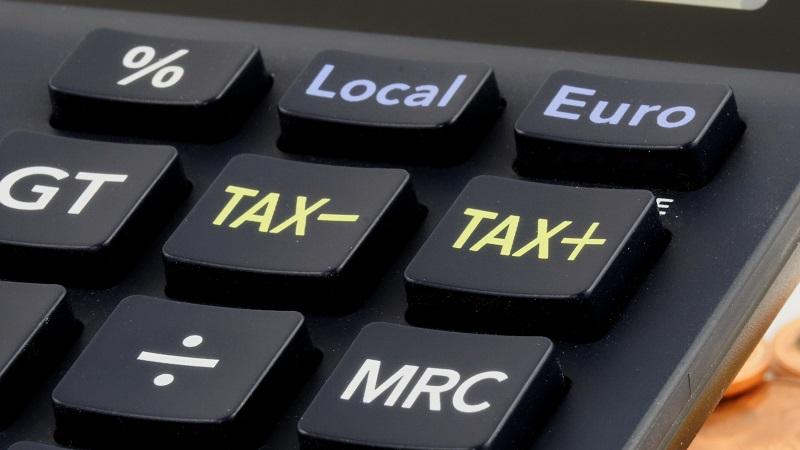In the years since the pandemic, the Valuation Office Agency has run up queues of decision challenges, which continued to grow last year as work progresses to implement new tech
The HM Revenue and Customs agency dedicated to setting council tax and business rates hopes to improve performance and bite into service backlogs with cloud and digital upgrades, a minister has claimed.
Since the coronavirus crisis, the Valuation Office Agency (VOA) has run up some significant caseload backlogs – particularly for those challenging a rating decision. In the 15 months to 30 June 2024, a total of 12,620 such challenges were registered – only 1,870 were resolved by the end of the period, the VOA’s latest statistics reveal.
In a recent written parliamentary question, Labour MP Navendu Mishra asked the government what it is doing “to reduce the backlog at the Valuation Office Agency and improve the efficiency of VOA services”.
In response, exchequer secretary to the Treasury James Murray suggested that, despite its current challenges, the agency “is currently on target to deliver the next business rates revaluation in 2026 across England and Wales”.
As it prepares to do so, the VOA – which has almost 4,000 staff and operates as an executive agency of HMRC – hopes to deliver operational and customer-service improvements via ongoing tech transformation, as well as targeted hiring.
“The VOA is committed to continually learning and further improving its services,” Murray said. “It is replacing IT systems with modern cloud-based platforms that will deliver significant efficiencies. At the same time, it is enhancing digital services to make it easier for customers to self-serve. In addition, it is managing demand by recruiting new people, moving existing staff to where there is the greatest customer need, ensuring hardship cases are prioritised and upskilling its workforce so they can handle multiple types of cases and work more flexibly.”
Related content
- HMRC agency signs £185m deal to tackle legacy tech
- HMRC property-valuation unit invests in web-mapping tool for ‘historical aerial photographs’
- HMRC reveals use of Home Office travel data to tackle Child Benefit fraud and loss
The VOA’s transformation agenda encompasses a wide array of change programmes, including “new services for non-domestic rating customers” and an ongoing three-yearly cycle of revised business rates, according to a recently published commercial notice. The tax agency is also “supporting reform of Council Tax in Wales as well as wider enhancements to the Council Tax customer experience”, all of which is “underpinned by the delivery of a new IT system”.
According to the notice, “the most substantial element of the portfolio” is the NextGen Rating (NGR) programme which is “a complex, multi-year transformation programme” dedicated to modernising its rating services.
To support delivery of the NGR scheme, earlier this month the VOA entered into an initial 12-month contract with long-standing project partner Baringa. The “majority” of the agreement – which can be extended by two further years, with overall spending of up to £3.6m – will be dedicated to supporting NGR, but the agency also hopes “to ensure it has flexible support to manage wider strategic and portfolio development over the life of the contract”.
The engagement with the consultancy is intended to fulfil a “client-side support requirement to co-ordinate multiple workstreams, delivery across various suppliers, internal [and] external dependencies and key stakeholders, alongside external governance, and controls as part of GMPP IPA and HMT reviews, and the delivery of extensive business change”, according to the notice.
“To do this, the programme will require ongoing strategic guidance, subject matter expertise and delivery orchestration capacity, which it is now seeking in from a client-side support Supplier to support its developing maturity and supplement its capabilities,” the document adds.
The VOA’s rating work includes “compiling and maintaining lists of council tax bands for 26.8 million domestic properties… [and] 2.1 million commercial properties for business rates” throughout England and Wales, according to the agency’s GOV.UK site.




